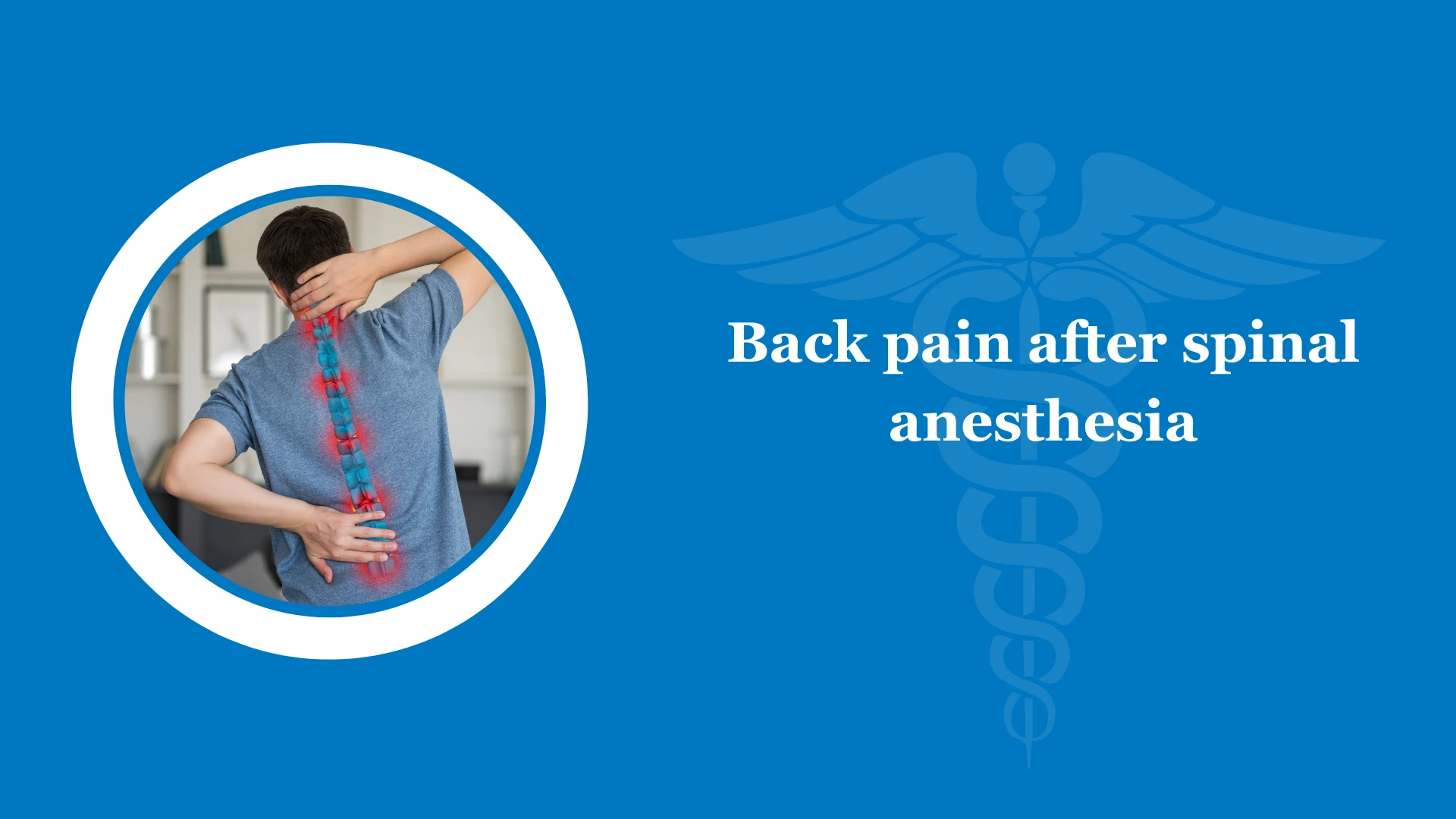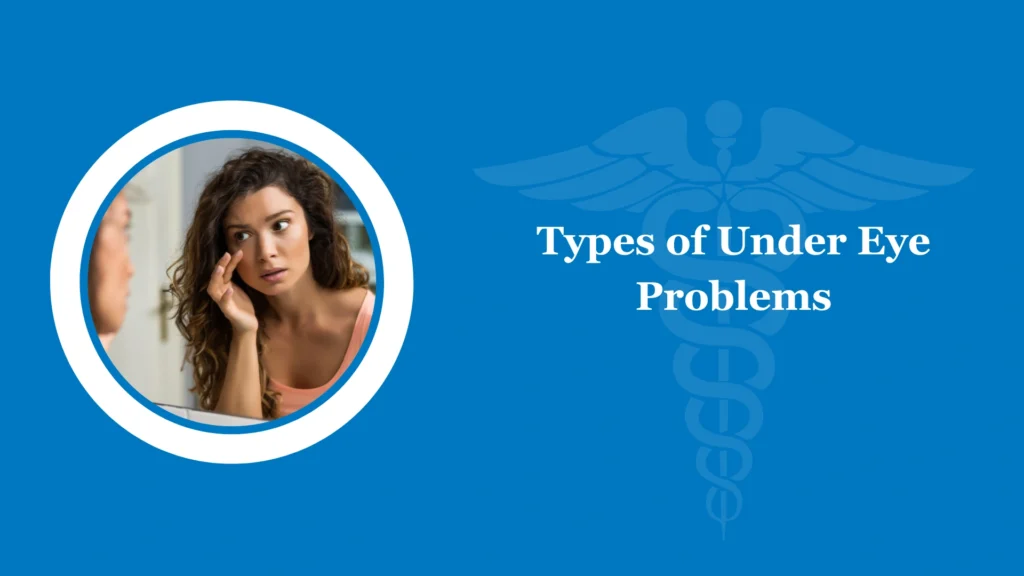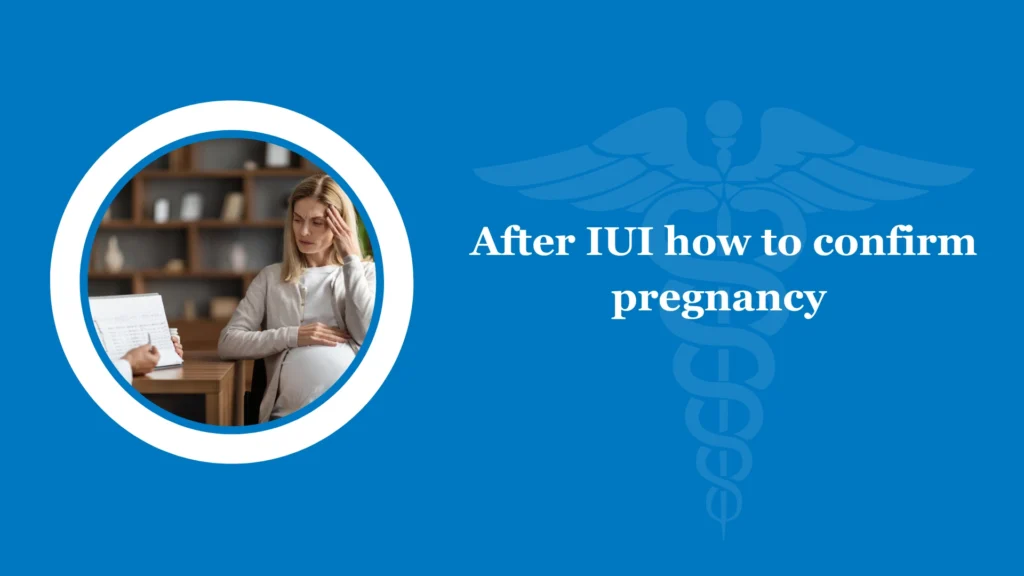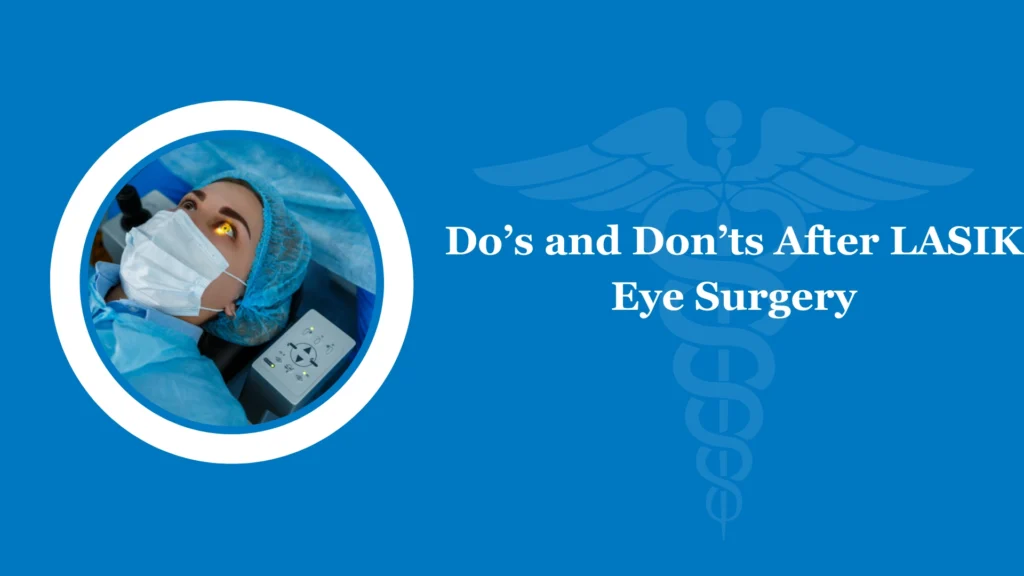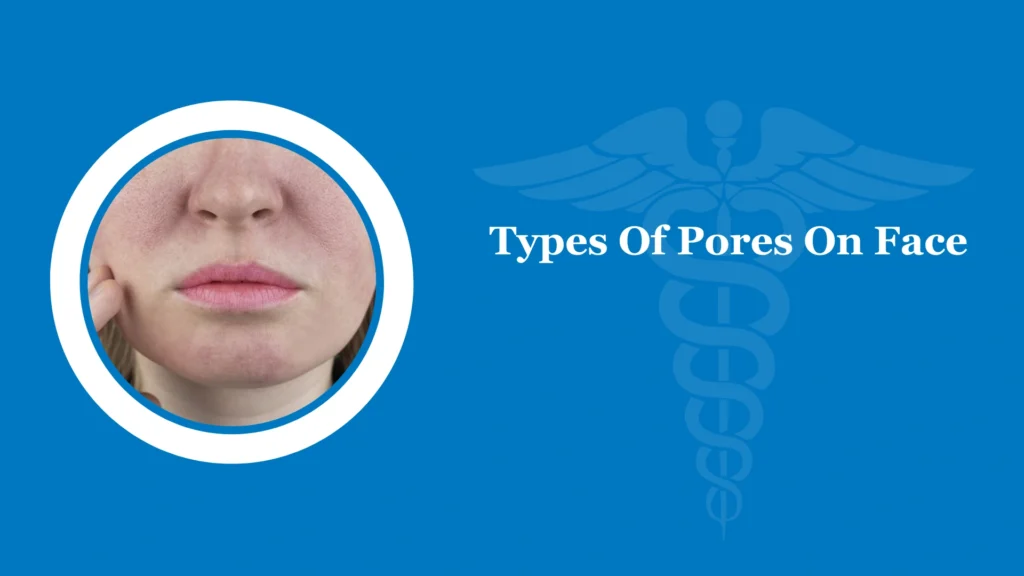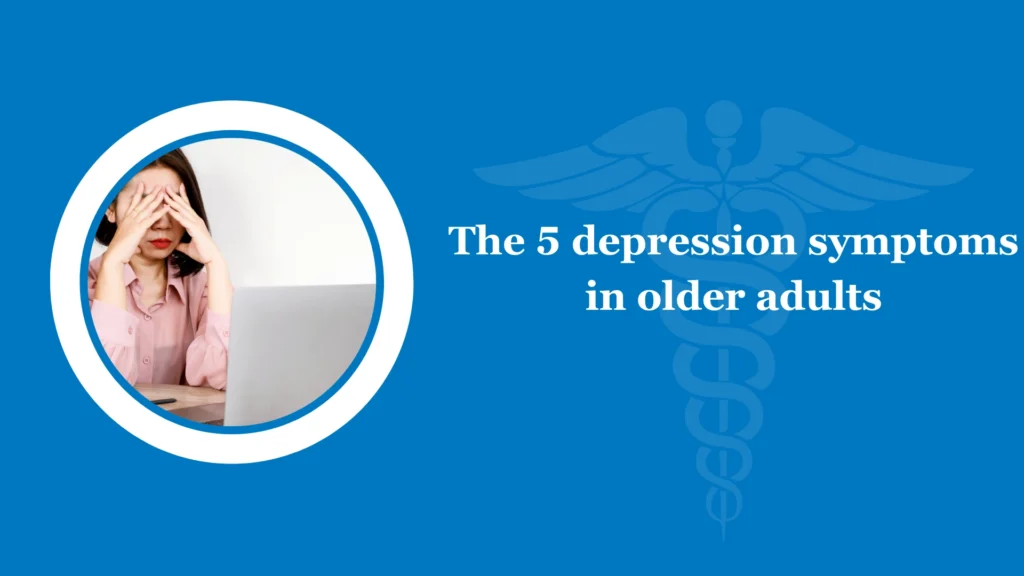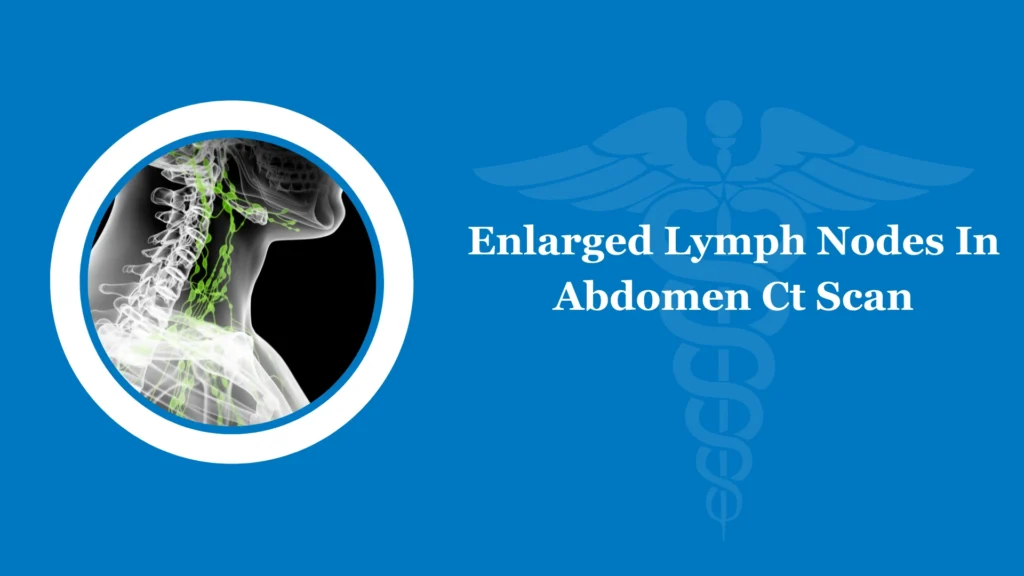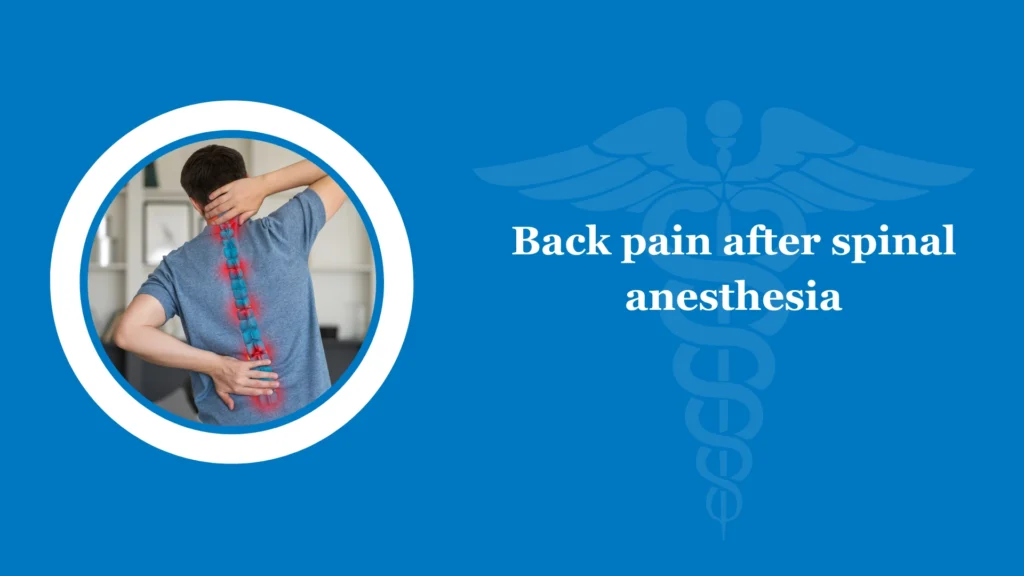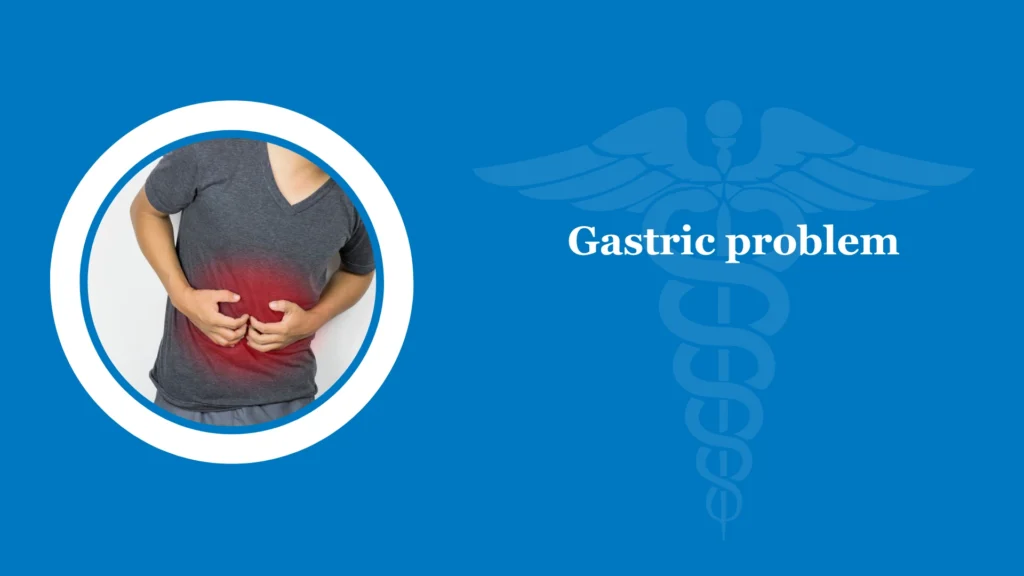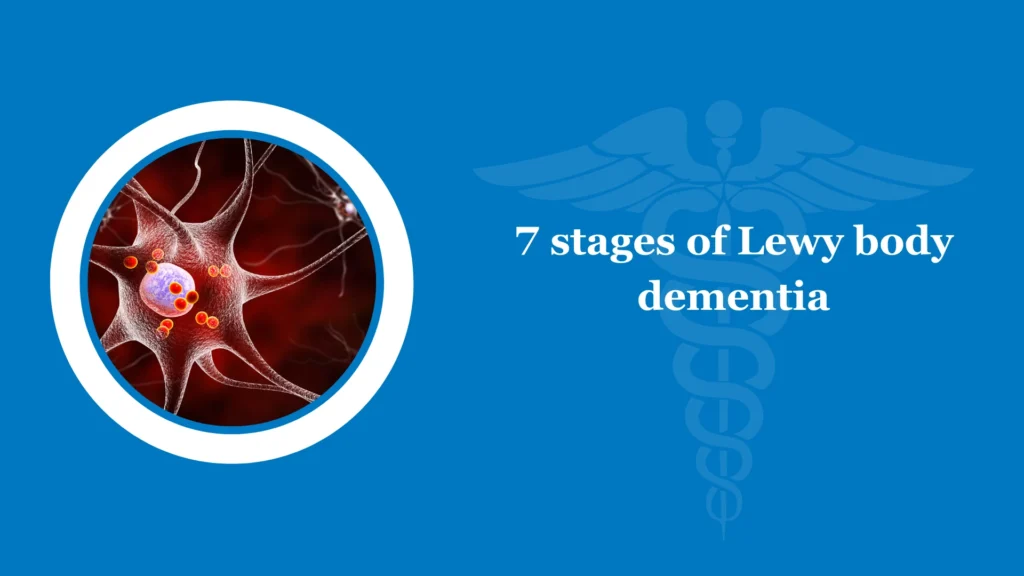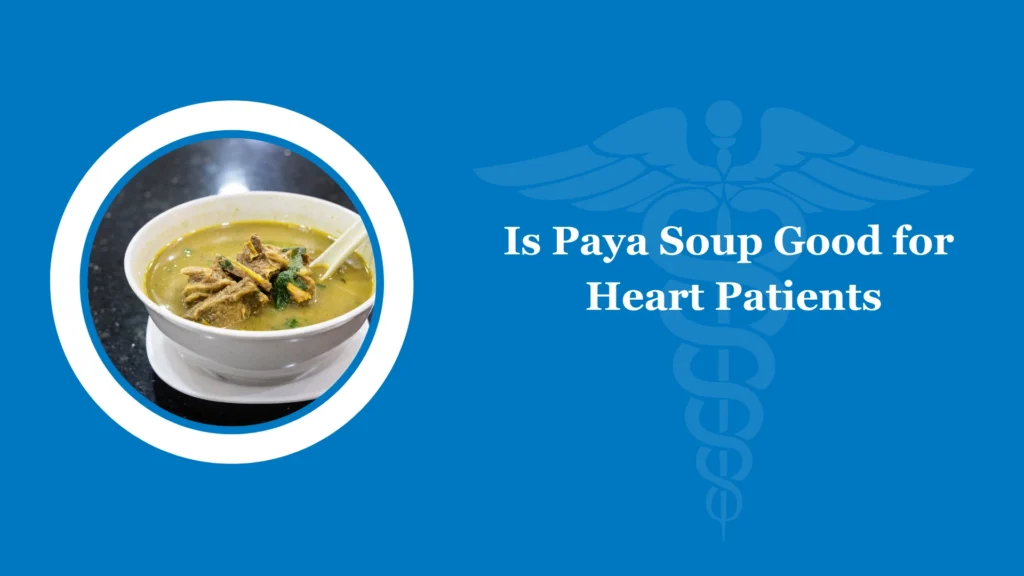Generally, 2% to 25% of people will have back pain after spinal anesthesia, this problem is usually, those who have had any surgery will get the back pain frequently.
It can affect the lower back showing a dull ache, the pain makes to stand, you can’t sit for a long time and it worsens to lie down to make you feel better. You can be relieved from anesthesia within a few days, by taking the medication.
Spinal anesthesia is also known as Post-Dural Puncture Headache (PDPH), and there are some of the reasons why you have this back pain after spinal anesthesia will be discussed in the following article.
Causes of back pain after spinal anesthesia
After spinal anesthesia, you will feel your back stiff and sore, it may last for weeks or months even if you have difficulty doing your small household work. Here is the reason why you faced back pain.
Needle trauma:
During the surgery, you will have the spinal anesthesia needle, is inserted to make you feel uncomfortable while it affects the tissue.
Positioning during surgery:
In the surgery, there may be some extensions due to the health or the treatment conditions that may affect your back muscles & ligaments.
Ligament strain:
During the treatment, spinal anesthesia will make the muscles relax, which will result in strain on the back ligament. In that, these were trying to hold together.
Pre-existing back issues:
In some cases, before anesthesia will have back pain. For that, the pain after anesthesia goes to the extreme.
Other factors:
Above is the cause of back pain other than that during the injection it may cause bleeds (hematoma) or infections (epidural abscess) on that site considered as one of the causes.
Risk Factors for Back Pain After Spinal Anesthesia
Usually, the age factor can also cause back pain, it presents once after spinal anesthesia. Some of the factors will increase the risk for the appearance of back pain which includes :
Younger age
People in the age group of 40 years and below, can be more affected by post-anesthesia back pain. This is comparatively more than the older age people. There is no specific reason for this.
Female sex
Compared to men, women might have a risk of back pain before anesthesia and also after anesthesia. There is also no specific reason, it might depend on the hormones or spinal anatomy.
History of back pain
If you have back pain before the anesthesia, and there is no doubt that you have this currently. It shows the health condition of the body since your spinal structure is sensitive.
Multiple needle punctures:
During the spinal tap procedure, the anesthesiologist will insert the thin needle on the back, if it is difficult to insert the needle then multiple times of needles can be inserted for the output. It can be a risk for your back pain.
Larger needles
Inserting the larger needles into the tissues will be the cause of more back pain.
Certain types of spinal anesthesia techniques
There are some techniques for spinal anesthesia to reduce pain but, no specific type to prevent back pain.
This type also sometimes leads to back pain. If you have pain before the anesthesia, you are advised to consult a doctor and reduce the risk.
Can minimize the attempt of needles:
Since doctors are insert thin needles, also there will be a chance of trauma and back pain. They may use ultrasound guidance to place the needle accurately in the first attempt itself.
Atraumatic needles :
Thin needles being inserted, helps to reduce tissue trauma and back pain.
Adjuvants:
Medications like opioids or clonidine in spinal anthesis may help to reduce back pain or PDPH.
Low Dose spinal anesthesia:
During the treatment, the lower dose of anesthesia is still effective, which may reduce the risk of PDPH, and lead to back pain.
What is the main side effect of spinal anesthesia?
The main side effect of spinal anesthesia is PDPH (post-dural puncture headache), which leaves the symptoms of a dull ache in the lower back, throbbing pain(associated with toothaches & headaches)
it worsens the pain that makes you stand, not uncomfortable sitting and you feel to lie down. There are some complications accompanied by PDPH such as
- Nausea & Vomiting
- Dizziness
- Neck stiffness
- Difficulty concentrating
- Ringing in the ears is called tinnitus
You might recover this within a few days or months. You can recover by hydrating yourself will help the body heal the puncture, take some medication prescribed by the doctor.
Conclusion
Ensure, you have a clear idea of this topic. Back pain after spinal anesthesia is a common occurrence. Don’t worry once you have the pain, if you feel more disturbed or painful kindly visit the doctor and get it treated immediately.
If you have a history of back pain, after anesthesia it worsens the pain. If you undergoing anesthesia, kindly discuss with the doctor regarding the pre-back pain.
FAQs
1. How do you recover from spinal anesthesia side effects?
After anesthesia, there is a risk of PDPH can be the cause of back pain. You may recover by drinking plenty of water to keep your body hydrated which heals the puncture and get the doctor’s for the medications and follow that.
How do you flush anesthesia out of your body?
You can flush out the anesthesia from your body by keeping yourself hydrated, taking enough rest, allow some time for a day since through the medication your body will eliminate the metabolism & exertion.
It Depends on the specific medication anesthesia will flush out as soon. Try to avoid alcohol & heavy meals during this time. Consult a doctor for the queries.
Can anesthesia cause long-term side effects?
No, it will last for a few days or weeks. In some cases, it may also last for months, but it will be recovered by following the doctor’s advice.
